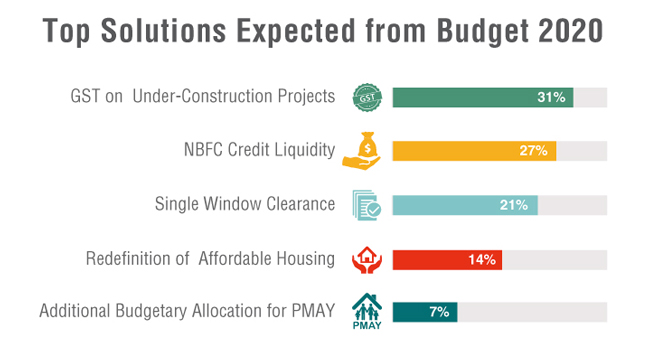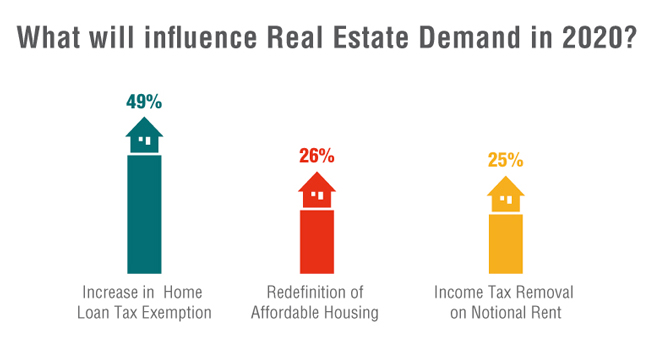NRI Property Buying Checklist
NRI Property Investment is the most discussed but least known topic. The reason being, it is considered to be too difficult. The rules and regulations ruling NRI Property Investment are different. There are two principal reasons for NRI Property Investment – 1) NRI’s would like to settle in India after retirement, and 2) they feel secure and safe to invest their hard-earned money in India compared to their home country.
What documents an NRI should check while buying a property in India?
The basic list of property documents that an NRI needed during property buying in India are:
- Title Deed (in the name of the seller)
- Sanctioned Building Plan
- Commencement Certificate
- Occupancy Certificate
- Tax Paid Receipts
- Encumbrance Certificate
- Khata/Mutation Documents
What documents NRIs must have to buy property in India?
Below is the list of documents an NRI needed during property buying in India:
-
PIO/OCI Card
NRI requires an Indian passport to invest in property in India. He/she would need a PIO card if he/she is an individual, who is not a citizen of Pakistan, Nepal, Sri Lanka, Bangladesh, China, Afghanistan, Iran, and Bhutan but had owned the Indian passport.
He/she would require a PIO card if he/she is a foreign citizen whose father or grandfather was a citizen of India. In simple, if he/she holds the passport of a foreign country, he/she requires a PIO card.
-
PAN Card
NRIs need a PAN card because they will be required to file income tax returns if they have rented out the property. Besides, if the property is sold later, the capital gains resulting from the sales would be subject to capital gains tax. Capital gains would be included in the total income while it is being taxed.
-
Registered Power of Attorney
If you are an NRI and don’t visit India frequently, you would find it much easier to get the execution of the sale, registration, possession, and other processes done, if you give a special power of attorney to someone in the city in which you are buying a property.
-
Proof of Address
If you an NRI you need to submit the address proof of your current residence attested by the Indian Embassy in your country of residence).
Property registration formalities for NRI
As per current property registration rules, the title deed requires to have the photograph, thumb impression, and signature of the buyer. In the absence of the buyer at the time of registration, a Registered Power of Attorney can be assigned to your relative to sign the document on your behalf. This needs to be completed before the registration date.
What are the documents required for registering a property for an NRI?
Documents required at the time of registration:
- PAN Card
- OCI/PIO Card
- Passport
- Passport Size Photograph
- Address Proof
What are the documents NRIs need while applying for a home loan?
If you are a salaried NRI and wants to apply for a home loan, you would need the following sets of documents:
- Two passport size photographs
- Address proof of the applicant and co-applicant (attested by the Indian Embassy in your country of residence)
- Address proof (utility bills or driving license would count as address proof).
- Past 6-months bank statement of your NRE/NRO account in India
- Past 6-months bank statement of your account held in the country in which you work or your salary is credited
- Salary slip of your employer
- Loan sanction letter copies received in India and abroad
- Self-declared residential status
- Power of Attorney (to be executed in the format given by the bank and attested from Indian embassy)
Is TAN No required for the purchase of property from NRI?
TAN No. is not required if the property is purchased from a resident Indian. It is needed in case the property is purchased from a Non-resident Indian.
Can an NRI buy property in India without a PAN card?
PAN Card is not required for an NRI as they are non-residential Indians with Indian passports; particularly if they do not intend to invest money into any business in India. However, it is mandated by the government to own a PAN Card if:
- An NRI is interested to invest in mutual funds in India.
- The NRI wants to transfer the funds received from the property transactions in India to their NRE or NRO accounts.
- They have a source of income in India that is taxable. For example; rented property
Does NRI need OCI to sell property in India?
Yes, they can but they have to pay the tax to the govt on the realize profit or gains. The Indian Govt. has provided general permission for NRI/PIO/OCI to buy a property and they do not have to pay any taxes even while buying a property in India. However, taxes have to be paid if they are selling the same property.
What is the tax rate for NRI in India?
An NRI who sells a residential property and earns capital gains are subject to pay tax, it’s the same as resident Indians. But for NRIs Long-term capital gains are subject to a TDS of 20% whereas the short-term capital gains are subject to a TDS of 30%.
Can an NRI buy any residential and commercial property in India?
Yes, an NRI can buy any commercial or residential property in India and there are no restrictions in buying the number of properties except any agricultural land, farmhouse, and plantation property. They can get the ownership of these properties only if they have been gifted or inherited from ancestors.
NRI doesn’t require any special permission to buy any residential or commercial property in India, except these two conditions:
- When an NRI buys any commercial or residential property in India, he/she can’t make the payment in any foreign currency. An NRI has to use the normal banking channels, or any non-resident account such as Non-resident Rupee Account (NRE) or Non-resident Ordinary Account (NRO) to make the payment that comes under Foreign Exchange Management Act (FEMA) and RBI regulations.
- NRIs have an option to give Power of Attorney (POA) to their friends or relatives to complete the buying process in India. The POA can be general or specific about the rights a representative of NRI can use.
The RBI’s regulations are fairly easy as well and you don’t have to take any prior permission from the authorities. The laws for any such property transaction fall under the Foreign Exchange Management Act (FEMA).
NRIs can make payment for the buying of immovable property (other than agricultural land/plantation property/farm house) out of funds received in India through normal banking channels. NRI who has bought residential/commercial property under general permission is not required to file any documents with the Reserve Bank.
An NRI can buy the property, either as a single owner or jointly with any other NRI. They must be a resident of India, otherwise, he or she is not allowed to invest in a property in India, irrespective of the second holder’s contribution.
Also, NRI may transfer any immovable property in India to a person resident in India.
What are the major complaints of an NRI during property buying?
There are some complaints from NRI regarding the behavior of the builder and other professionals. Overcharging is very common. Even the professionals doubled their fees in the case of an NRI client. Through these cheap tactics, we create a negative image of our country. In a few cases, NRI clients have left the idea of property buying after identifying the price difference.
Short Abbreviation:
- PIO- Person Of India Origin
- OCI- Overseas Citizen Of India
- POA- Power of Attorney
- FEMA- Foreign Exchange Management Act
- NRE- Non-resident Rupee Account
- NRO- Non-resident Ordinary Account
- PAN- Permanent Account Number
- RBI- Reserve Bank of India
#NRI #investment #india #propertybuying #tips #realestate







